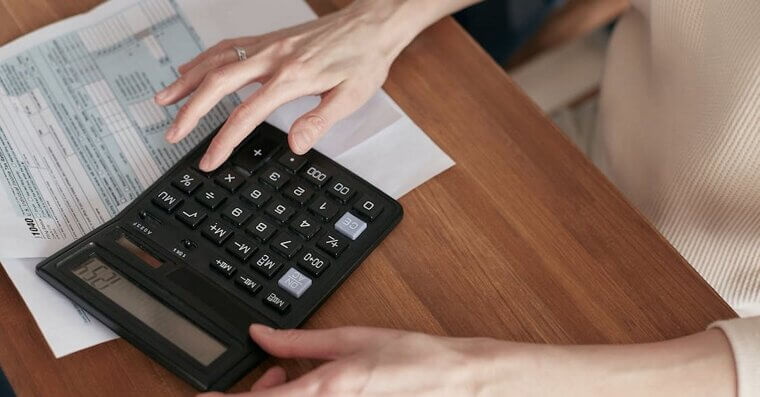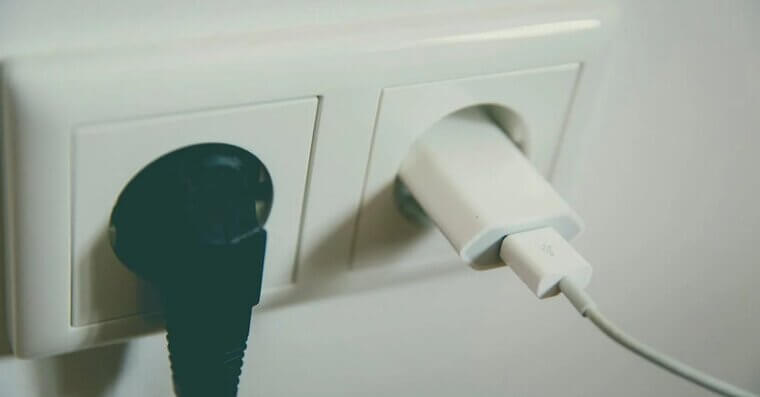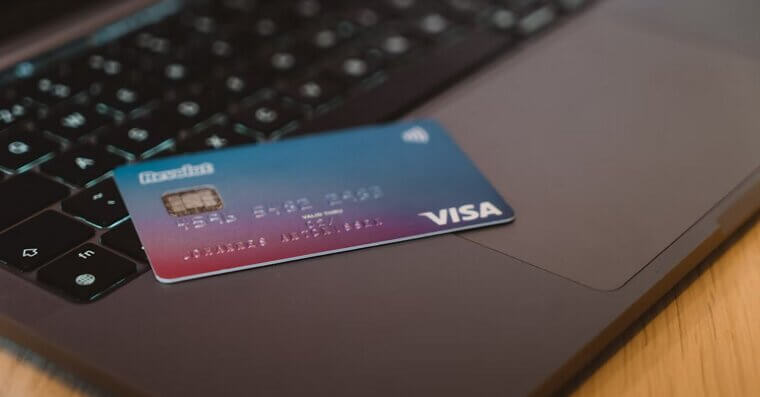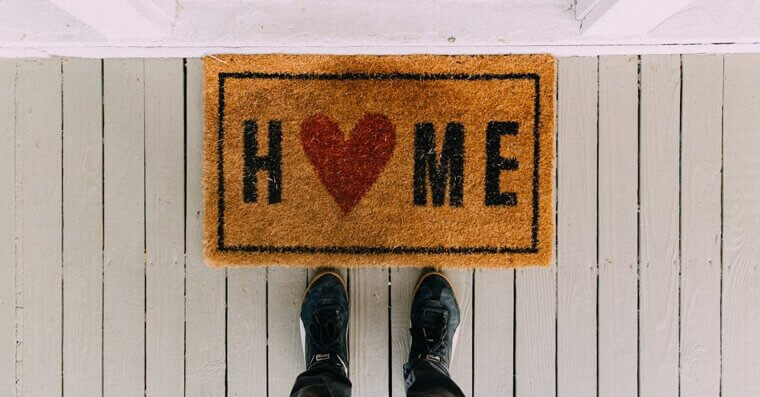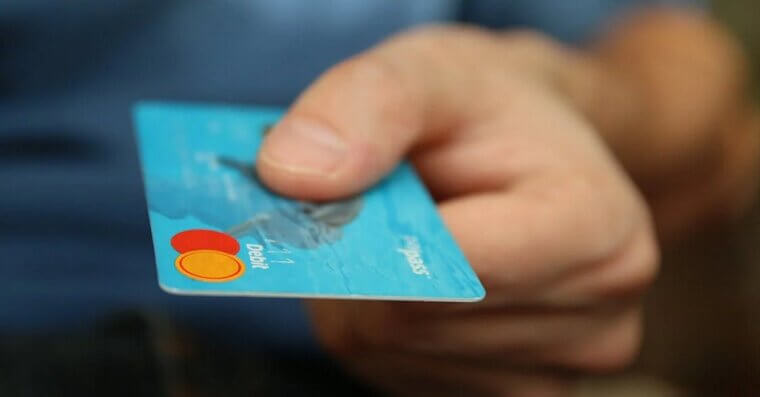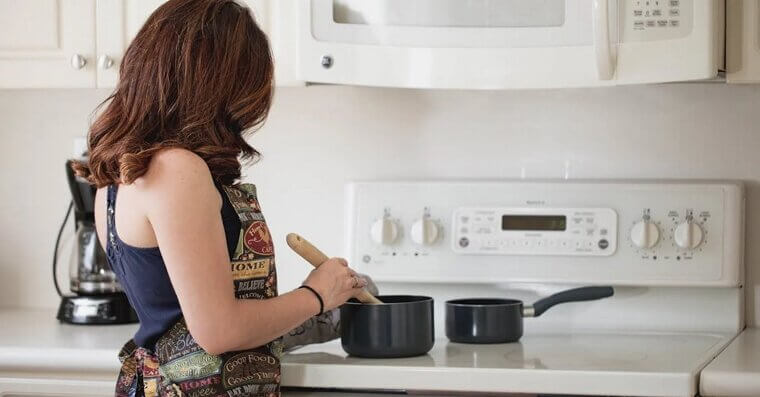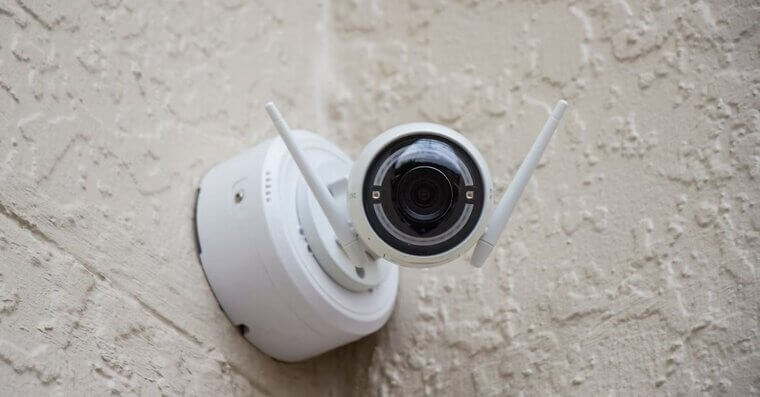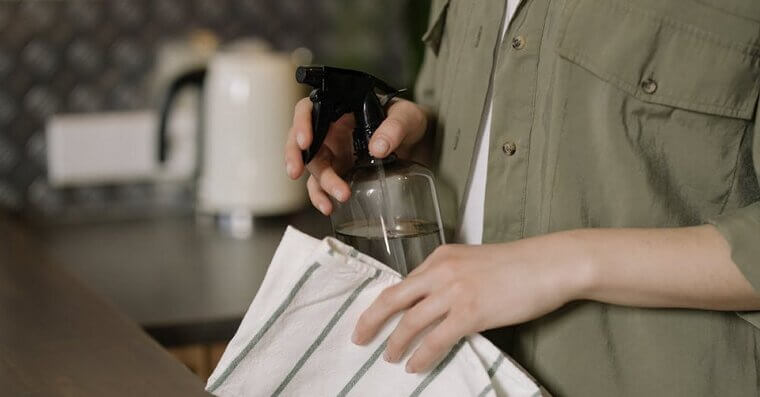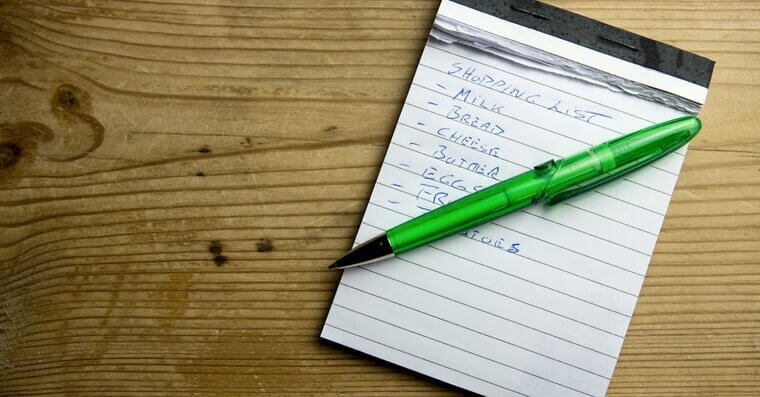Money, Money, Money
Cutting expenses doesn’t have to mean living like a monk or giving up everything fun. Most of the time, it’s just about having financial literacy and knowing exactly what your money is being spent on. Here are 16 top tips to help you keep your wallet healthy.
Check Eligibility for Food Assistance Programs
Are you struggling with grocery costs? See if you qualify for SNAP or other food assistance in your state. And remember that churches, gurdwaras and charities often offer free or discounted pantry items too. Don’t be ashamed to accept help – the fact that you reached out is worthy of respect.
Start Tracking Your Spending Habits
Once you get serious about saving money, the first step is seeing where it's going, down to the last penny. Analyze your bank statements every month and work out where your money is going. Maybe you’re spending more on your hobby than you ever realized?
Get on a Budget
They don’t teach budgeting at most schools and they really should. But it’s not too late to learn. Jot down what you earn vs what you spend - think mortgage, groceries, a little bit for fun stuff - and average it over a few months. Then, carve out chunks for savings, debt, and emergencies.
Use Only Cash
Cash isn’t dead, it very much still has a place in modern life. What you need to do is automate essentials like rent and bills, then pay for everything else with cash. When it’s gone, it’s gone. It forces awareness of your spending and helps you budget better.
Cancel Unnecessary Subscriptions
Subscription services are sneaky and usually expensive. Make a list of everything you’re paying for: Netflix, gym, apps, etc, and ask yourself: “Is this really worth it?” If you can manage just fine without it, cancel that subscription. Remember: there are other ways of getting exercise without gyms and there are things you can watch that aren’t Netflix.
Reduce Electricity Use
Want to shrink your energy bill? Try tweaking your thermostat a few degrees – even if that means you have to put on a sweater - and only washing full loads of dishes or laundry. These are very small changes, and eventually they’ll become second nature to you.
Put a Freeze on Your Credit Cards
Tempted to buy things you don’t need with credit cards? Just freeze your card on your issuer’s website. It blocks new charges - recurring payments still go through - but you can always unfreeze when you're ready.
Pay Off Your Outstanding Debts
Debt has a way of snowballing, especially with high-interest credit cards. If you only pay the minimum, you’ll be stuck for years, handing over piles of money in interest. So the smarter move is to pay more than the minimum whenever you can - starting with the cards that charge the most. Every extra payment chips away at the balance faster.
Reduce Your Housing Expenses
If rent or mortgage is eating your paycheck, let’s shrink it. Getting a roommate should be your first port of call. Do you own your home? See if you can drop private mortgage insurance or refinance. Or consider renting out part of your place.
Save the Planet
Wouldn’t it be great if you could help the planet and save money at the same time? Well, you can! Fix your leaky faucets so you don’t waste water, get a water butt so you always have something available to water your plants – basically, conserve water at every opportunity.
Consolidate Your Debt and Lower Interest Rates
High credit card interest is a budget killer, so you need to pay attention to it. Combine your debts into one, with a lower-rate loan or join a debt management plan. You’ll make just one monthly payment at a better rate and likely crush your debts in 3 to 5 years.
Eat at Home
Dining out might feel like a treat, but it eats away at your budget the same way you eat away at the food. Cooking at home saves money and gives you way more control - you pick the ingredients and the portion sizes. Even simple meals like pasta or stir-fry can save you a bundle compared to restaurants.
Reduce Your Insurance Premiums
Want to shave some money off your insurance bills? Shop around for safe-driver discounts, bump up your deductible, or get perks by bundling home and auto. Adding safety features at home - like alarms or cameras – might also help.
Make Your Own Cleaning Products
Why pay big bucks for store cleaners when a DIY mix will do just fine? With everyday ingredients such as baking soda and vinegar, you can whip up really good cleaners for a fraction of the cost. It’s eco-friendly, it means you won’t be exposed to unknown chemicals, and it leaves more cash in your pocket.
Shop With a List
So many people end up grabbing things they don’t need when they go out to shop, because they only have a vague idea of what they want. This is why you need to make a list! Write down only the things you need the most and then stick, very firmly, to that list.
Order Groceries Online
On a similar note, why not try online shopping? It’ll save you gas money and you won’t have to worry about being lured in by the impulse buy section at the checkout. Plus, the system will remember what you bought, making it easier for next time.




